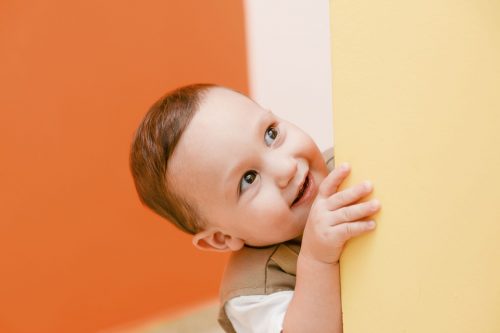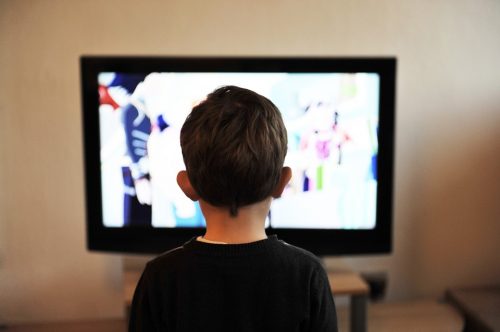
Source: pixabay.com
As parents, we know when our kid is lying. It is like a power that allows us to recognize whether or not they are telling the truth. When we see that they are saying otherwise, we may wonder how they developed that kind of behavior. Is it about how we discipline them or whatnot?
Understanding how our kids think is most of the time challenging. We, parents, have the idea that we know them all too well but when they start to tell a lie, we ask ourselves “Why?”
Why Do Kids Tell A Lie?
Kids Lie Out Of Impulse.
There are kids, especially those with mental health issues such as ADHD, who have a kind of behavior where they act out of impulse. They tend to speak before thinking about it, so the result could sometimes be far from the truth. They, later on, realize that they told a lie. Kids who experience this issue need help. They need to make a list of the things they do, so they would not forget, or parents could also seek professional help.
Allowing your child to express anger in a safe environment also helps them to develop emotional intelligence. If you are constantly shielding them from frustration, anger, or sadness, they may not learn how to regulate these emotions or how to express them in socially appropriate ways. — Katelyn Alcamo, LCMFT
Kids Lie To Avoid Attention.

Source: pixabay.com
Some kids do not want attention. They do not like to be interrogated or want anyone to worry about them, so they would say “all is good” even if there is something up. It is not such a big deal, so they choose not to tell, like when parents ask, “How’s school?” They would answer, “Fine,” but it was not really. In fact, someone bullied them. They just said that to end the conversation because they do not want you to overreact or worry.
Kids Lie To Get Attention.
In contrary to the above, some kids tell lies to impress others. They think little of themselves or they lack self-confidence that they believe they have to make up stories so that people will like them. These kids require affection and attention. They also require assurance of their self-worth. So parents need to spend time communicating and assuring them that they are loved no matter what.
…if you tend to ask again and again (and again), and then either give up and do it yourself—or resort to yelling—you may be unintentionally teaching your kids that you can be ignored until you either give up (you didn’t really mean it) or you yell (now you mean it). — Erica Reischer Ph.D.
Kids Lie Because Of Influence.

Source: pixabay.com
When kids watch movies, there may be some content where the characters lied, and it got them curious. They now wonder what would happen if they do it in a particular situation. When a lie slides through, they would feel somehow powerful. They get the idea that they were able to manipulate what is, and they might do it again.
Kids Lie Because They Feel The Need To.
When kids start to understand how some things in this world work like sometimes, telling the truth can hurt others’ feelings, they learn the need to lie. This kind of situation always gets to us no matter what, as we all made a choice once in our lives, and that decision marked where we stand with regards to white lies. Kids must understand this issue very clearly, and the parents must explain when it is okay and when it is not, or if they think it is not at all. It will all depend on what values they want their children to learn.
Lying can be the start of serious troubles in the long run that’s why parents need to deal with this issue while their kids are still young. They need to understand why their kids tell a lie and what they can do about it. It is, after all, their responsibility to make sure their children grow up with a solid foundation of good moral character.
The parent must be willing to change their behavior first, in order for their kid to change. A common pitfall is confusing discipline with punishment. — Linda Esposito LCSW
